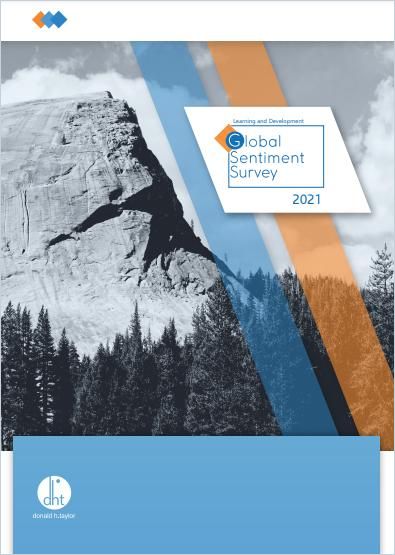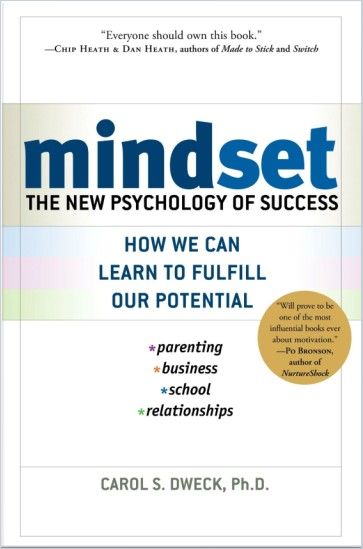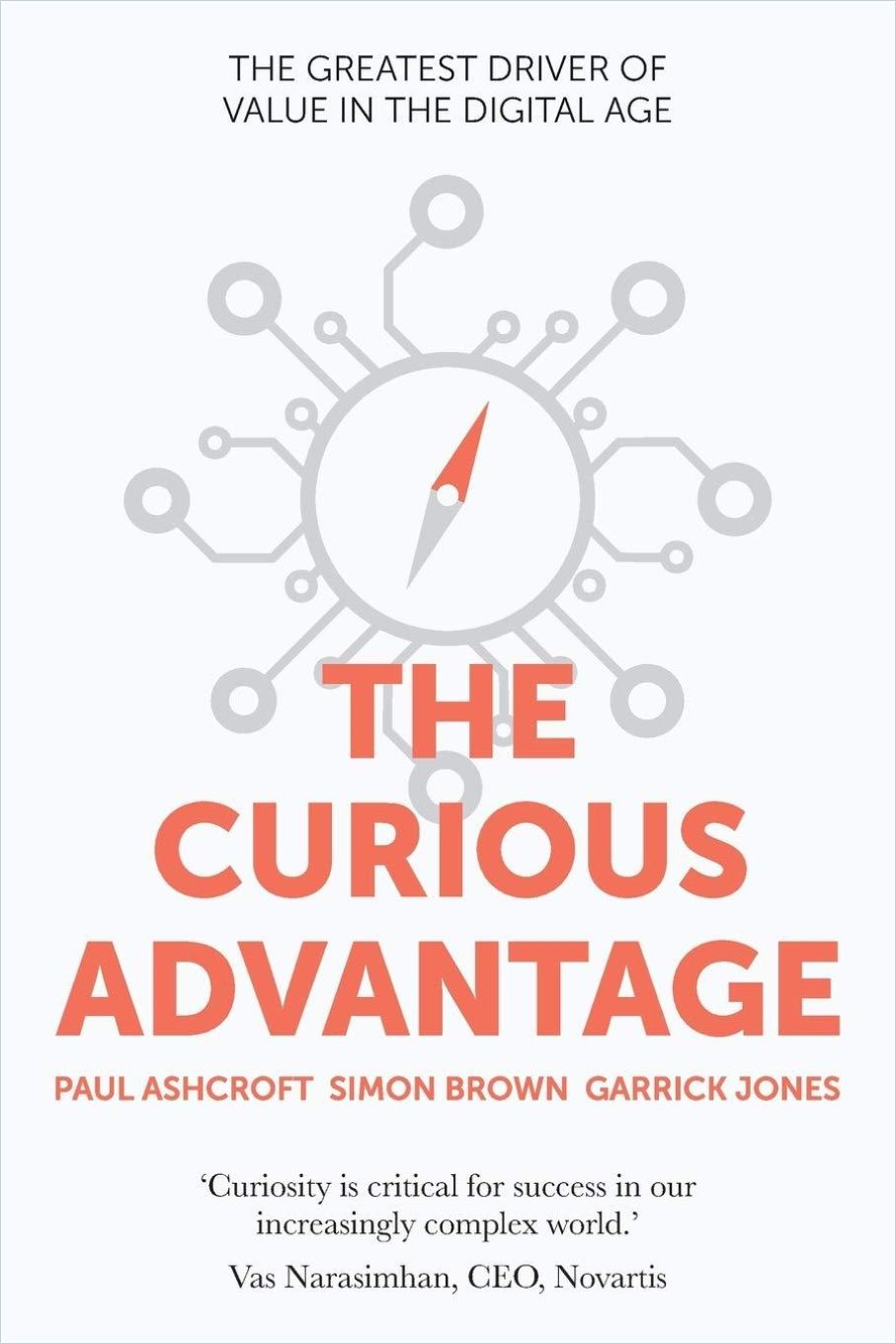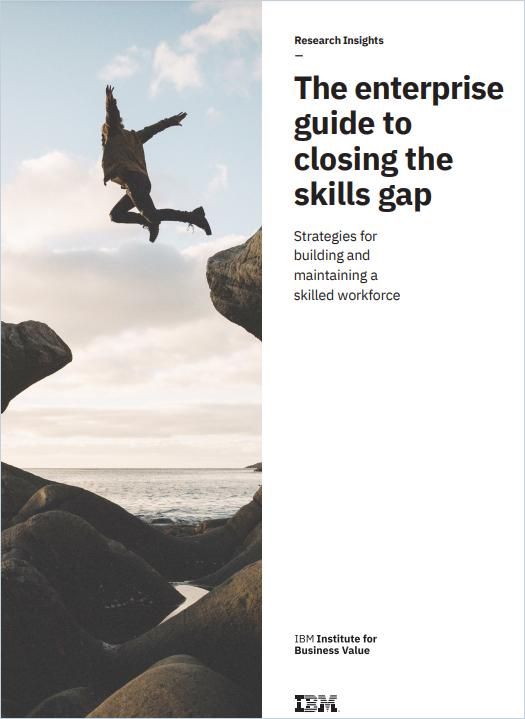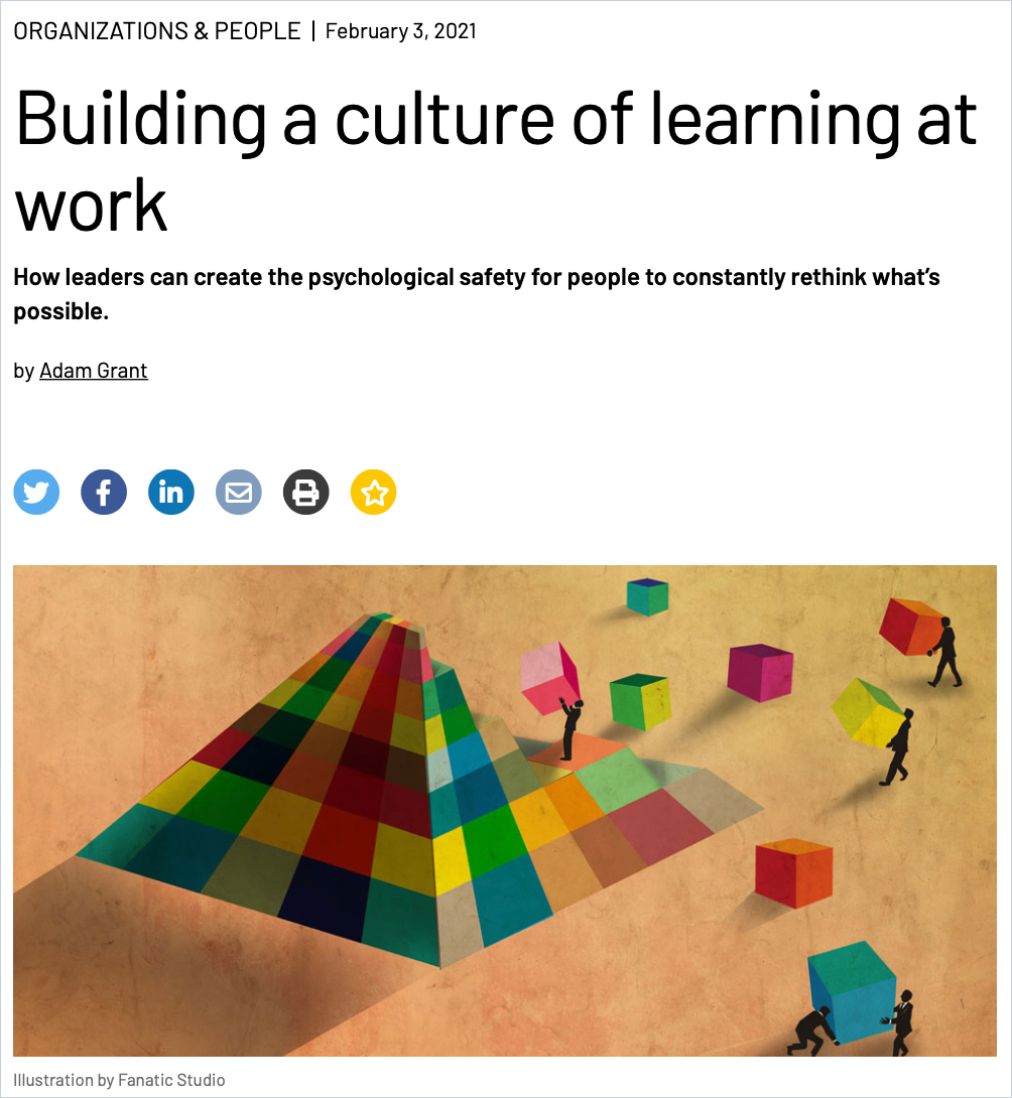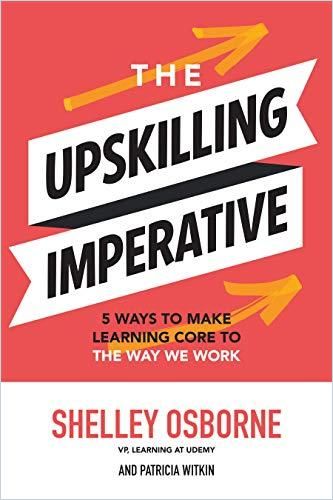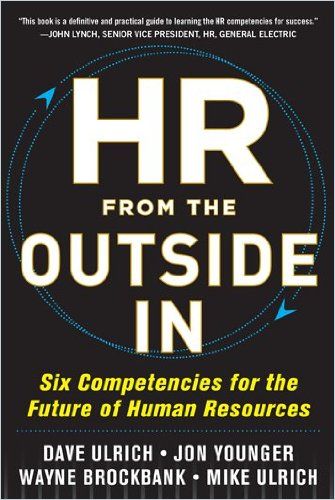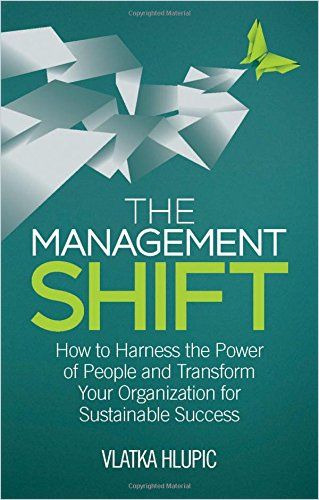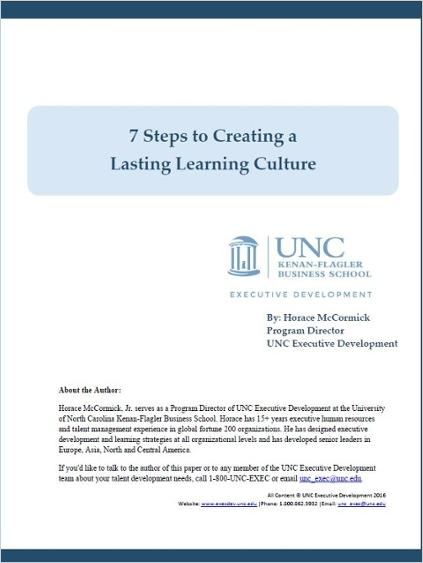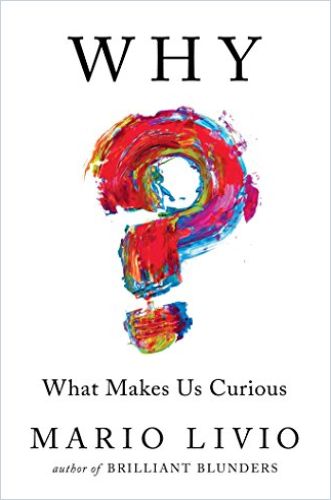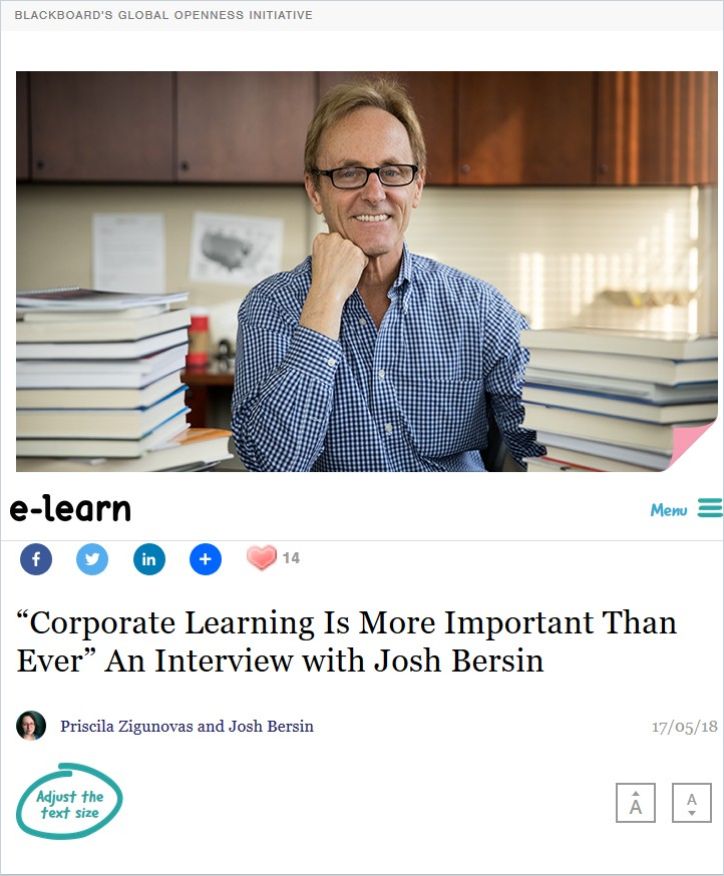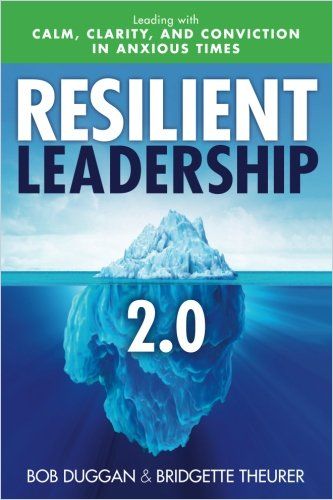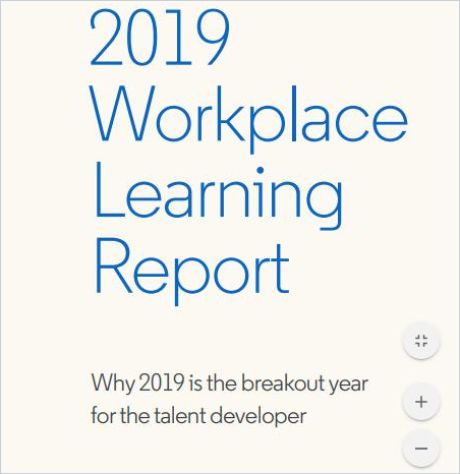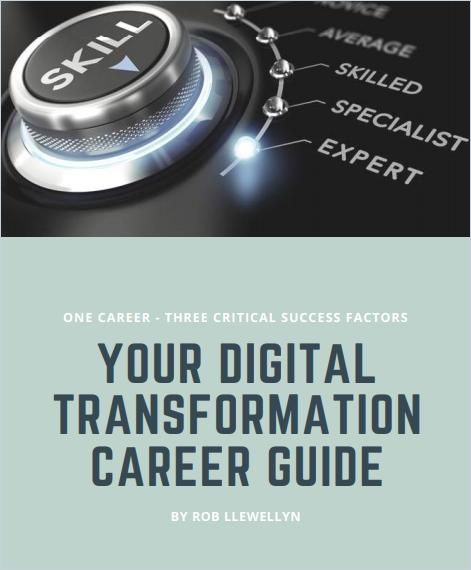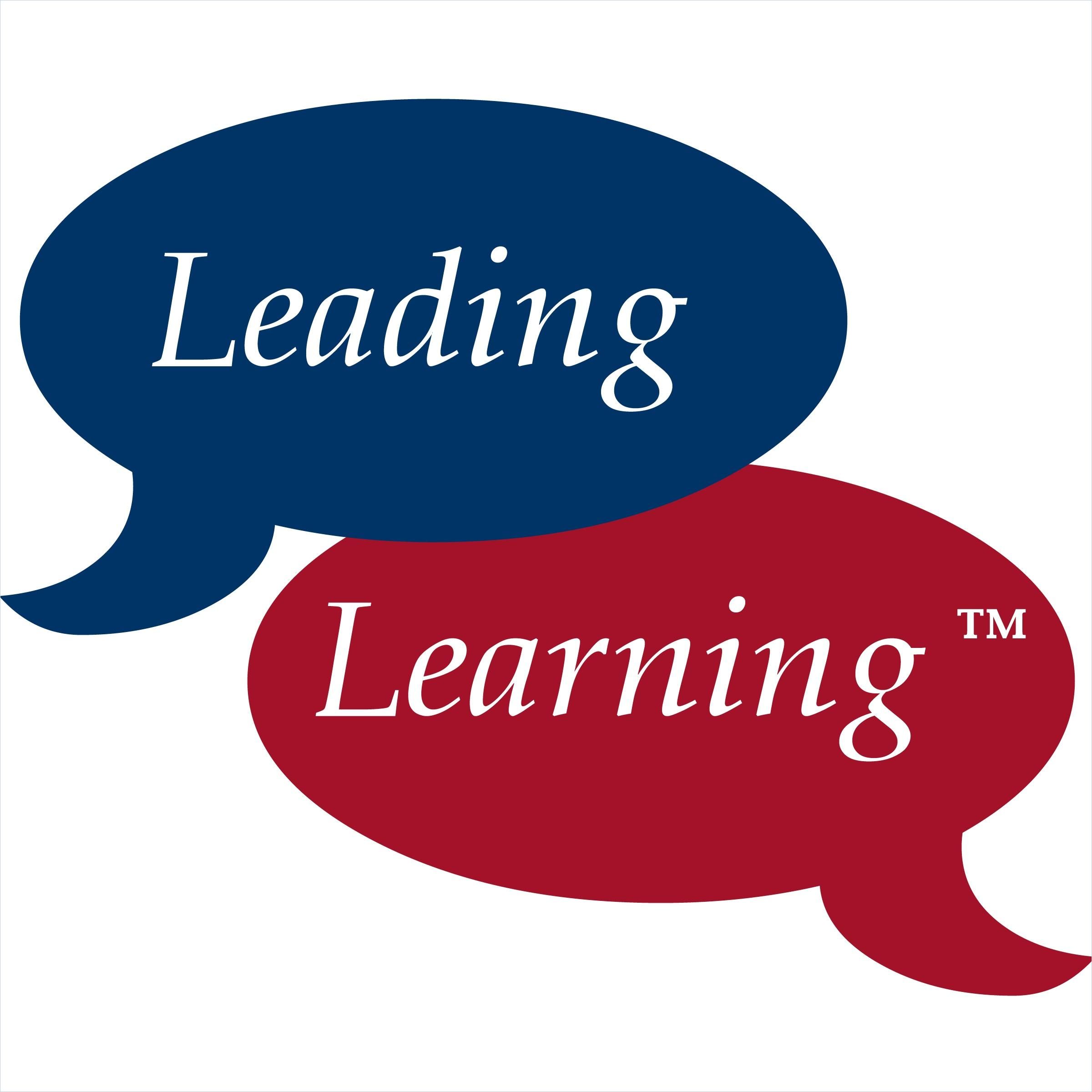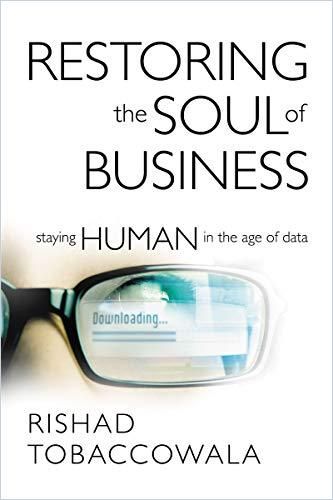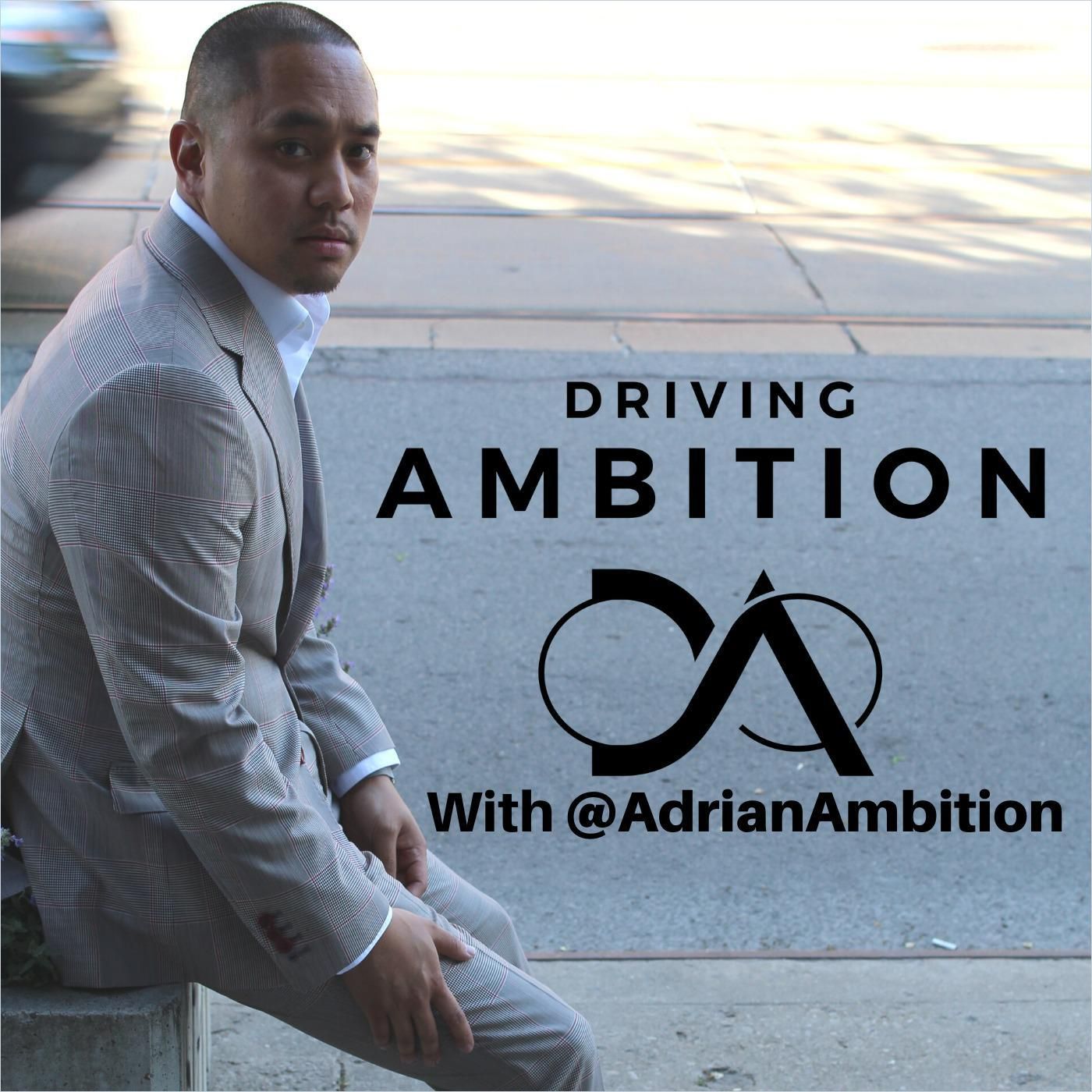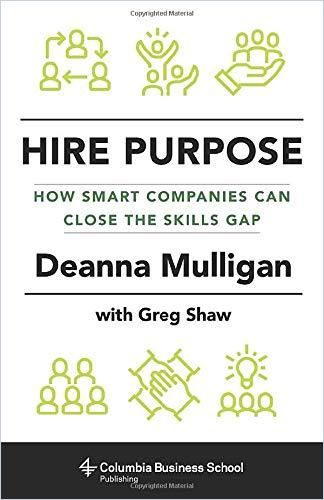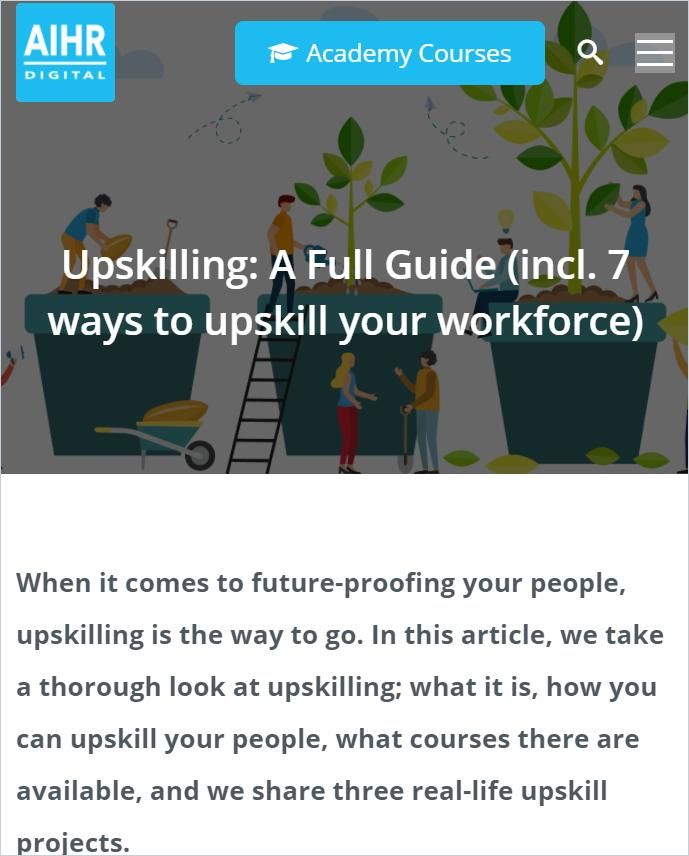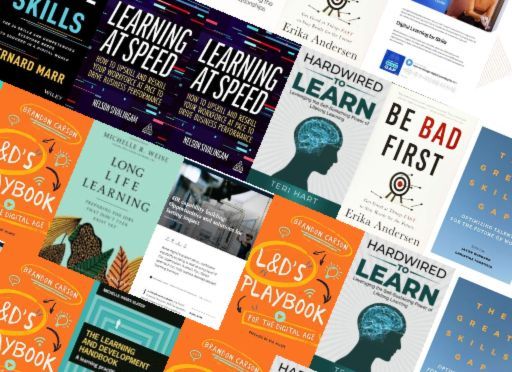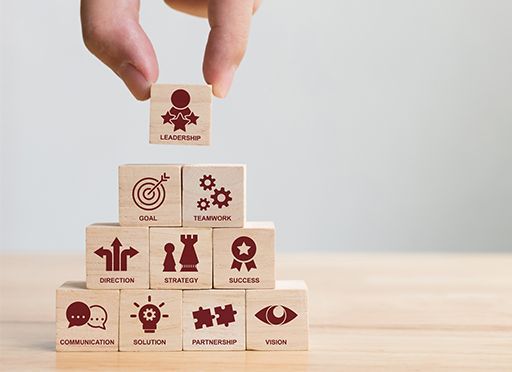First Global L&D Knowledge Forum Wrap-Up
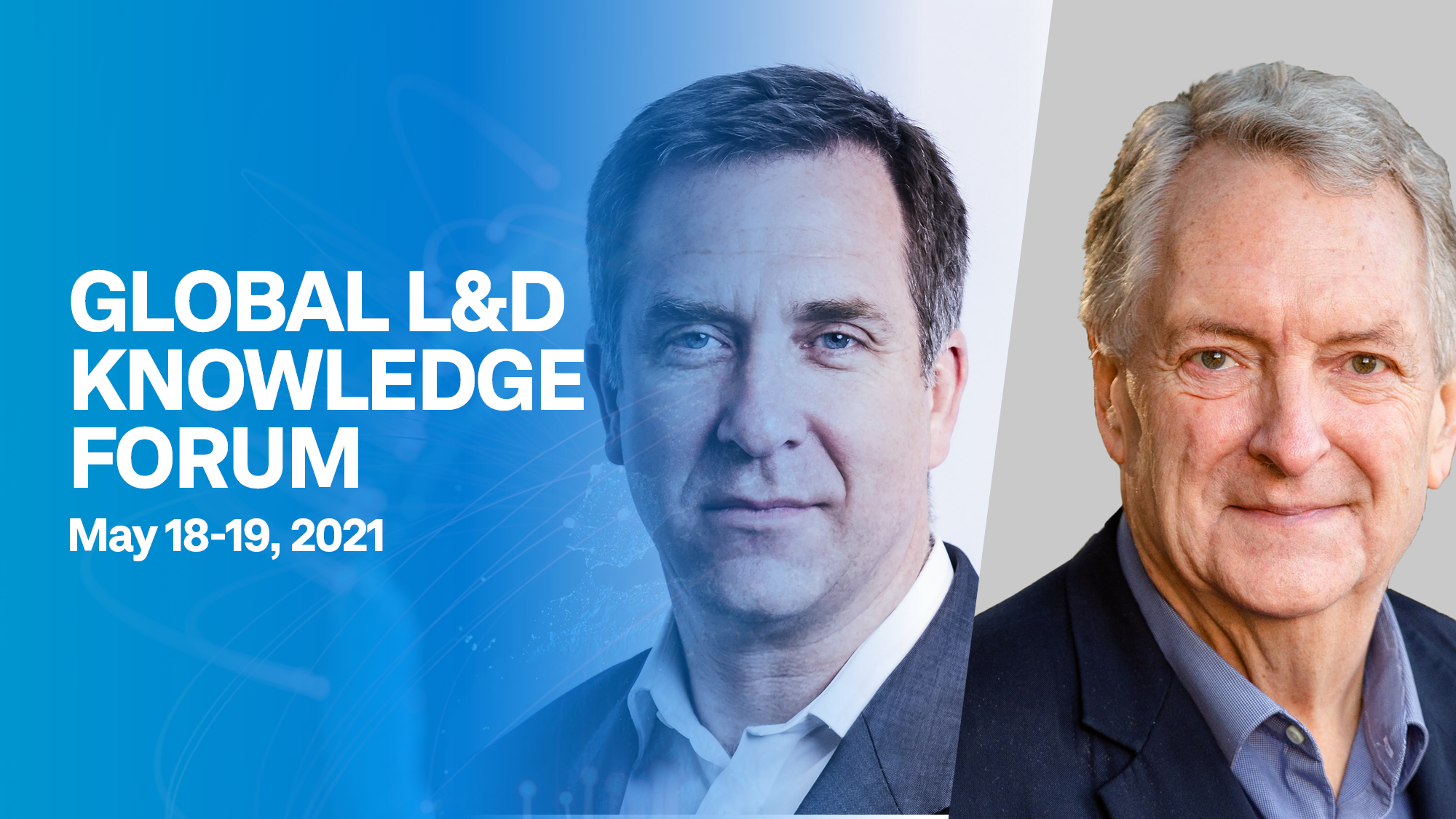
On May 18-19, 2021, getAbstract held its first Global L&D Knowledge Forum. The virtual event brought together thought leaders and industry professionals from around the world to discuss challenges related to learning and development.
The two-day agenda included keynote presentations, as well as group discussions and networking activities. Keynote speakers included Dave Ulrich (University of Michigan), Don Taylor (Learning Technologies Conference), Simon Brown (Novartis), Haitham Samman (IBM), Meredith Taghi (Deutsche Post DHL) and Barbara Jamelli-Sefchik (SAP).
Download keynote summaries here.
Here are the top take-aways from the conference:
1. The Pandemic Brought About Shifts in Mind-Sets.
During the pandemic, training shifted to 100% online. The experience introduced people to new and effective ways of learning and sharing information. IBM’s Haitham Samman emphasizes the need for organizations to adapt to the massive shift in behavior, both in and out of the workplace, that COVID-19 ushered in. At the same time, the pandemic accelerated the shift from an economy of scale to an economy of learning. This makes lifelong learning no longer a “nice-to-have” but a necessity for every employee.
For industry expert Don Taylor, the post-pandemic era presents a window of opportunity for L&D to reposition itself as a strategic partner to organizations seeking to build future workforce capacity.
Dave Ulrich from the University of Michigan’s Ross School of Business calls for a shift in mind-set with regard to L&D’s primary purpose. Ultimately, L&D is not about learning but about the value it creates for other people – both inside and outside the organization. Ulrich wants L&D to adopt a mind-set that focuses primarily on helping a company be successful in the marketplace.
As technology evolves, human skills become all the more important. SAP’s Barbara Jamelli-Sefchik envisions a shift in mind-set that will lead L&D to put increased emphasis on nurturing soft skills, such as emotional intelligence. L&D must prepare the workforce for a “kinder, gentler” workplace and help people build the resilience they need to thrive in a fast-changing world.
2. Curiosity and a Growth Mind-Set Are Critical Meta Skills to Thrive in a Fast-Changing World.
Novartis’s Simon Brown and his co-authors Paul Ashcroft and Garrick Jones identify curiosity as the number one skill for keeping up with our accelerating world. Curiosity helps people learn and retain information better, powers up decision-making, boosts communication skills and drives innovation.
The idea that Curiosity is pivotal for survival and success in the digital world really resonated with me. The session hosted by the authors of The Curious Advantage described so well the culture we are striving to build at Whyte and Mackay. It has prompted my team and me to remain curious and embrace our natural impulse to explore.
Mandy O’Neill, Learning and Development Manager, Whyte and Mackay
Samman agrees that curiosity is a trait organizations must nurture, such as by awarding people for being curious and asking questions to drive learning. He suggests using digital nudges, such as personalized content recommendations, to drive learning results.
A key driver of curiosity is a growth mind-set – the belief that you can grow and change throughout life. Both Brown and Jamelli-Sefchik referenced Carol Dweck’s Mindset in their keynotes. Nurturing a growth mind-set, for Jamelli-Sefchik, is one of the best ways for L&D to help people stay on top of change and be agile.
3. Talent, Not Technology, Drives Digital Transformation.
State-of-the-art technology won’t help companies much without a workforce able to use it. Samman reminds us that people have 15 times more impact on digital transformation than changes in technology per se. Attracting, developing and keeping the right talent thus is key.
Indeed, Taylor’s “Learning and Development Global Sentiment Survey” identified reskilling/upskilling as the “hottest topic” among L&D professionals around the world in 2021.
Deutsche Post DHL, we learned from Meredith Taghi, uses a dynamic skills ontology to gauge future workforce skill requirements and develop training curricula. Companies with effective workplace learning programs don’t just keep existing employees’ skills current but are able to attract the talent they need. Novartis has found that providing employees with ongoing learning opportunities serves as a great talent magnet.
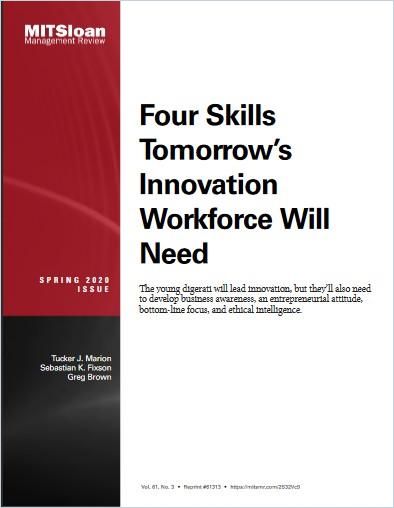
Four Skills Tomorrow’s Innovation Workforce Will Need
MIT Sloan Management Review Read Summary4. Workplace Learning Must Meet the Diverse Needs of Learners and Drive Organizational Requirements.
Learners are more likely to engage with the learning offering if it directly targets their learning needs. Meanwhile, leaders are more likely to support workplace learning if it produces tangible results. In her keynote, Taghi introduced the concept of precision learning. Customized learning, she explains, must cater to the learner’s motivation, preferences, ability and content needs. The learning offering should include a range of learning experiences, including clearly defined curricula, app-based (mobile) learning, Netflix-style recommendations, open content and social learning.
Similarly, Dave Ulrich stresses the importance of using multiple learning approaches to make learning accessible for everyone. He reminds us that only 30% of workplace learning occurs through formal education. To transfer learning to the work setting successfully, L&D must focus on learning solutions and outcomes. Ulrich thus recommends using benchmarks and predictive analysis to measure learning impact.
That conference was fantastic! It was so well-produced and featured an amazingly varied and impressive lineup of speakers. Congratulations on a beautifully executed event. We all enjoyed it very much and have many takeaways.
MJ Macdonald, AVP Learning & Development, ivari
getAbstract’s Global L&D Knowledge Forum (May 18/19, 2021) brought together thought leaders and industry professionals from around the world to discuss challenges related to learning and development. Keynote and VIP session speakers included Dave Ulrich (University of Michigan), Don Taylor (Learning Technologies Conference), Simon Brown (Novartis), Haitham Samman (IBM), Meredith Taghi (Deutsche Post DHL) and Barbara Jamelli-Sefchik (SAP), Chantelle Nash (Baker Hughes) and Frédéric Hebert (Danone).
Download the summaries of our six public keynotes here.
Stay tuned for future L&D forums!
